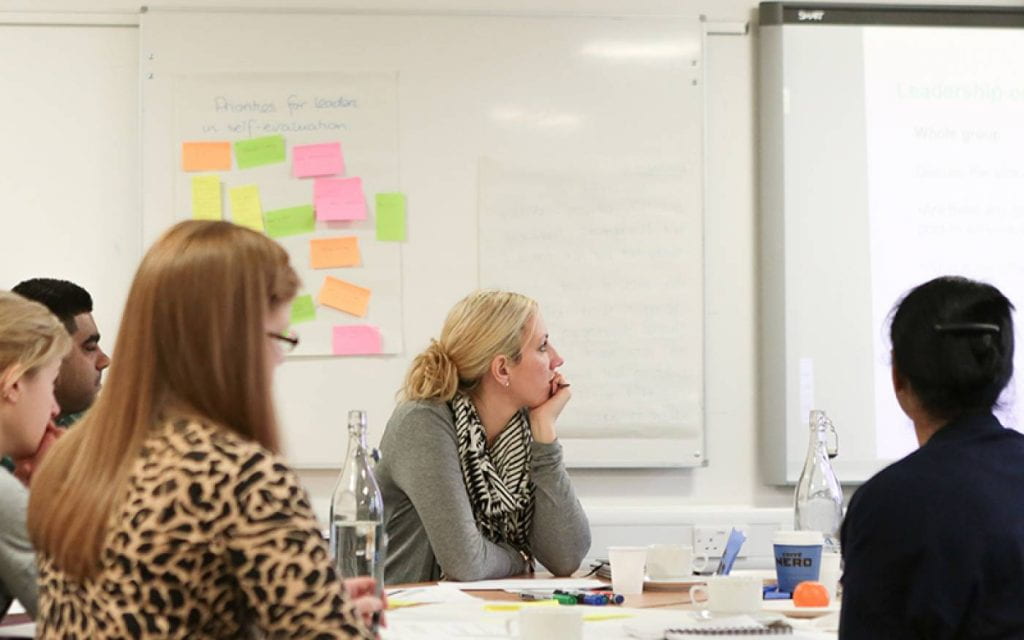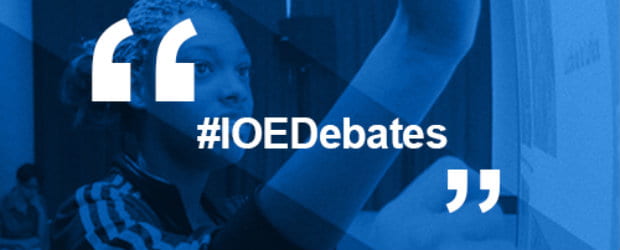Thirteen insights into teacher wellbeing and mental health
By Blog Editor, IOE Digital, on 30 April 2021
30 April 2021
By John Jerrim
Today, with my colleagues Becky Allen and Sam Sims, I have published a major new analysis of teacher mental health and wellbeing in England. Funded by the Nuffield Foundation, it is the culmination of two years of work and is, we believe, the most comprehensive analysis on this issue to date.
In this blogpost, we’ll take you through a whistle-stop tour of some of our results.
1. Teachers in England are more likely to perceive their job as causing them stress – and having a negative impact upon their mental health – than teachers in other countries
In spring 2018, teachers in more than 40 countries were asked whether they felt their job caused them stress and had a negative impact upon their mental health.
As the chart below illustrates, teachers in England were very clear in their views. Lower-secondary teachers in (more…)
 Close
Close









